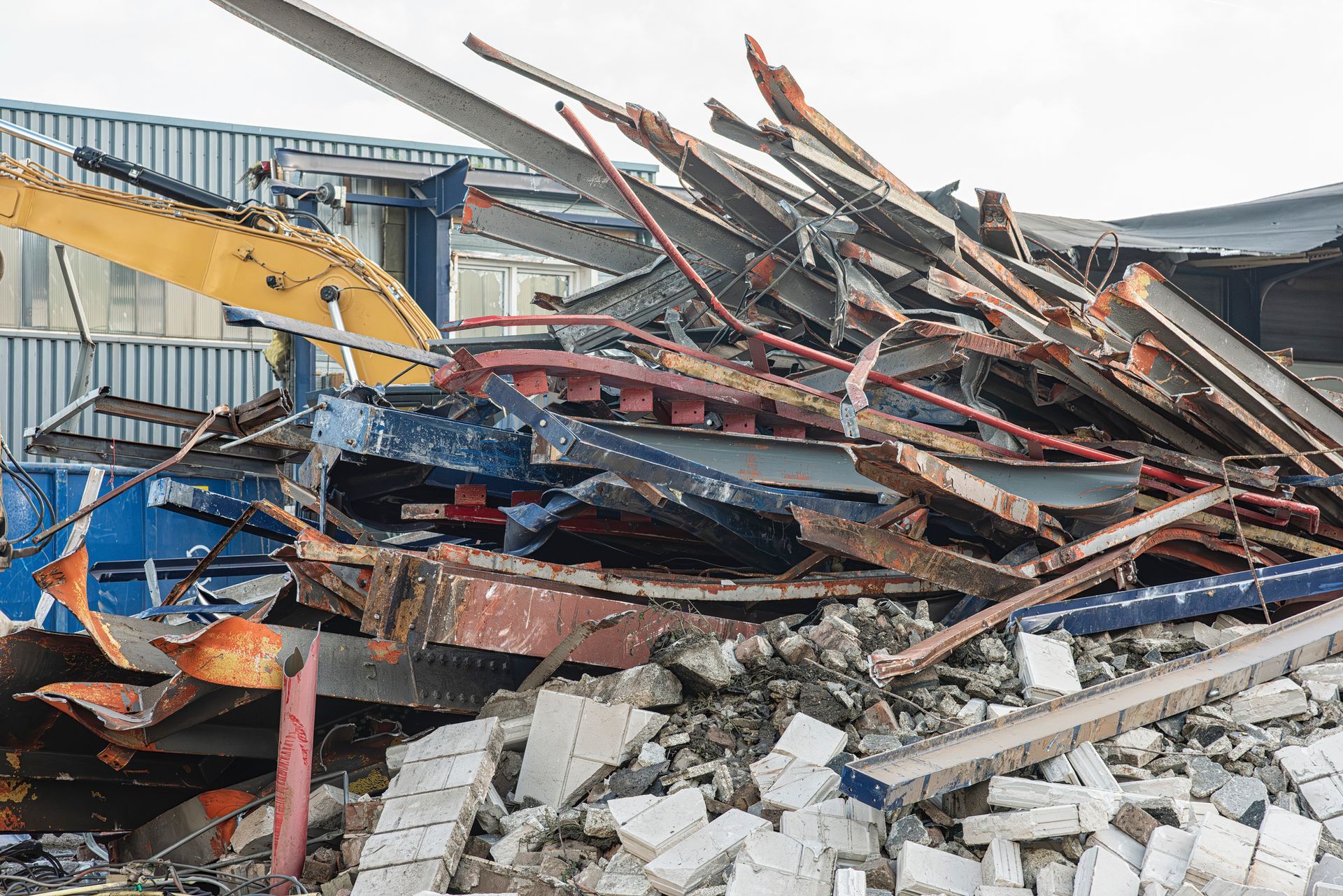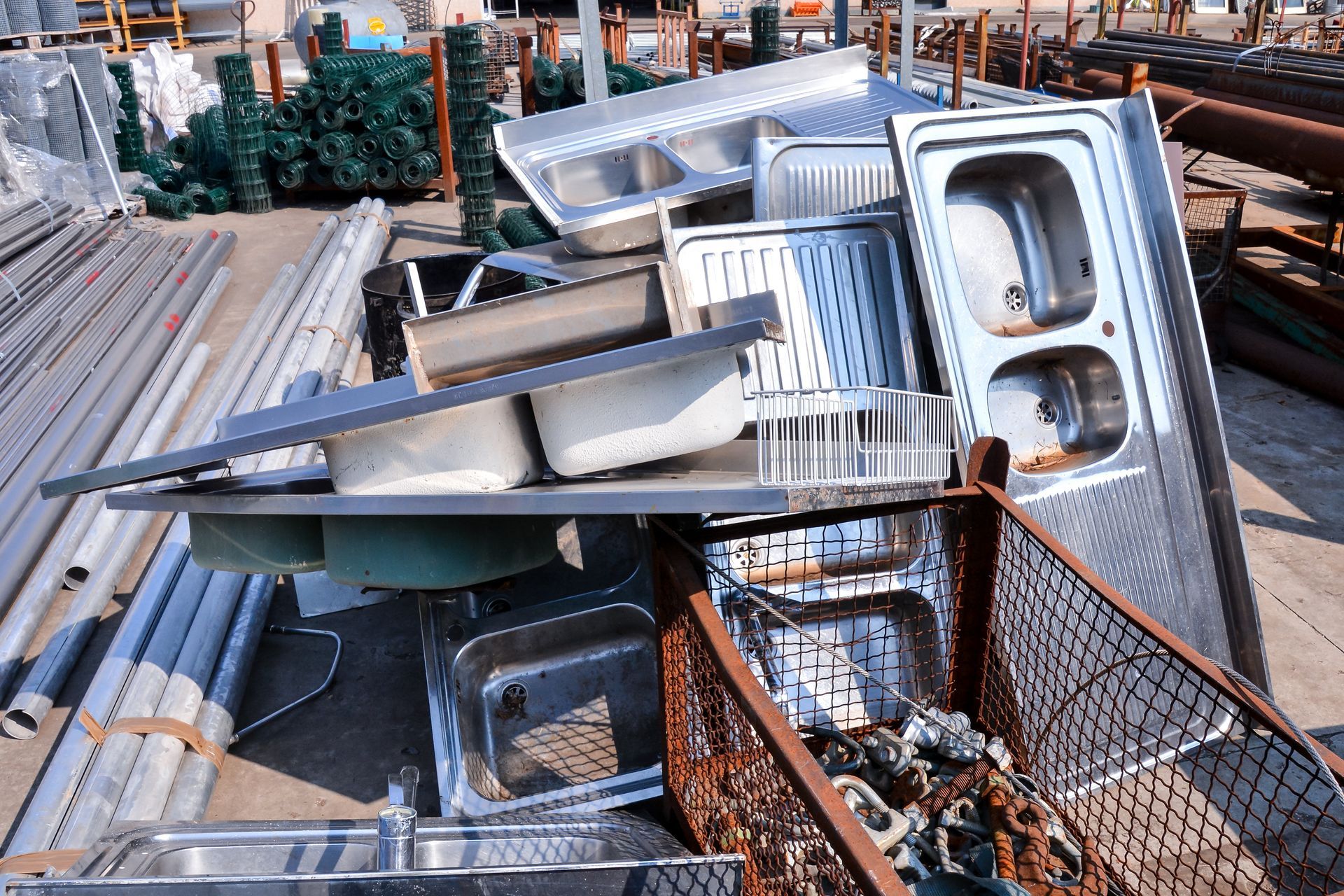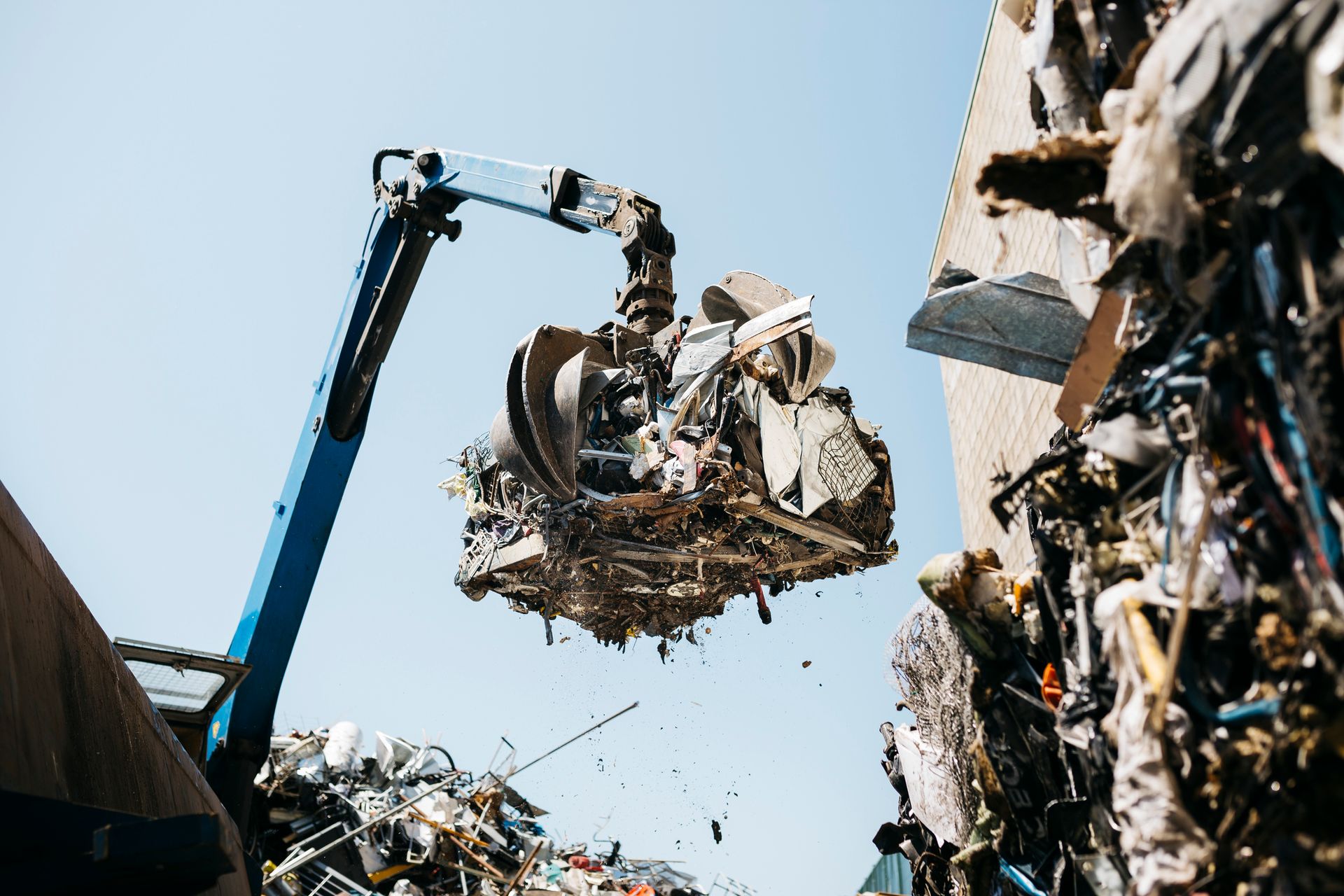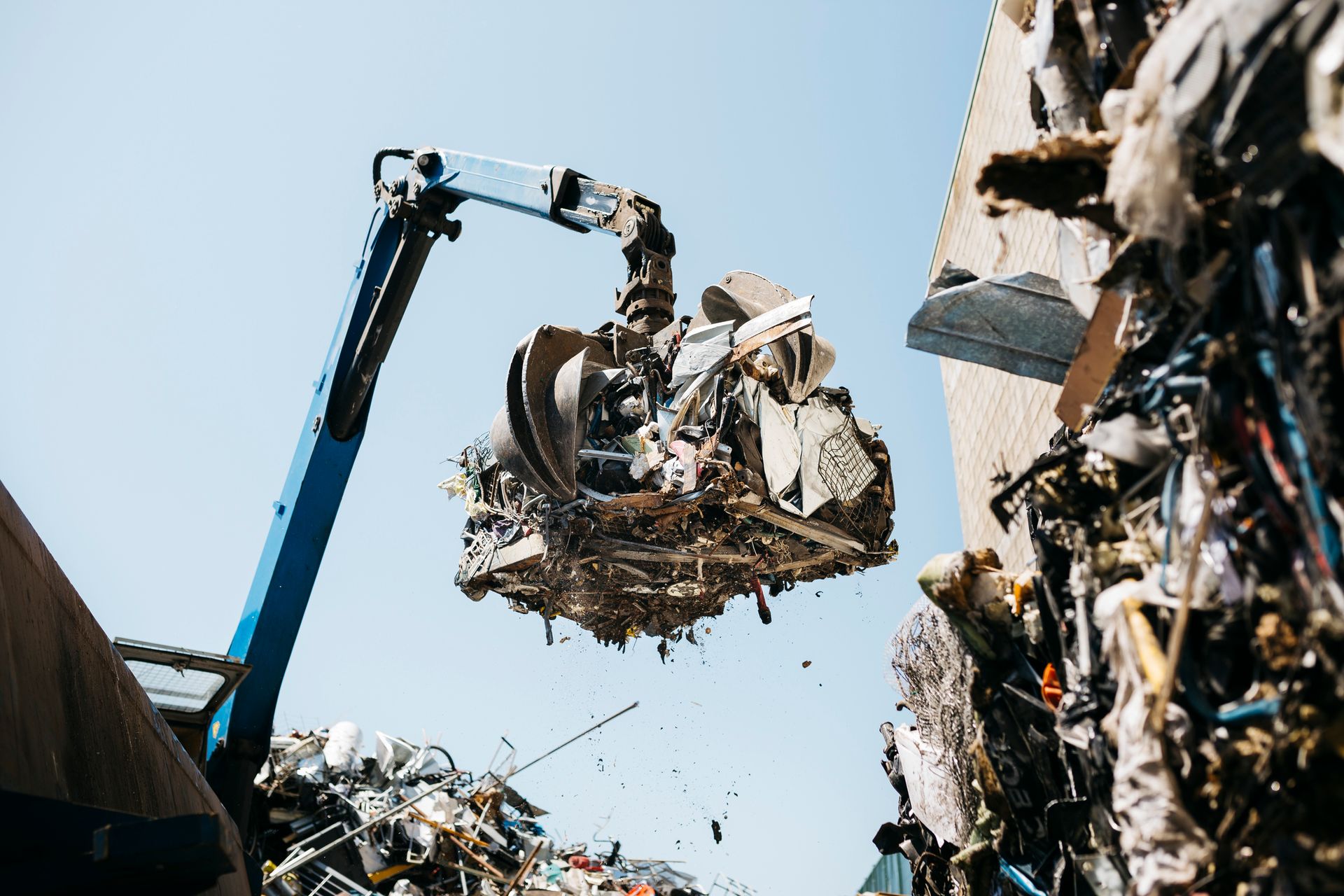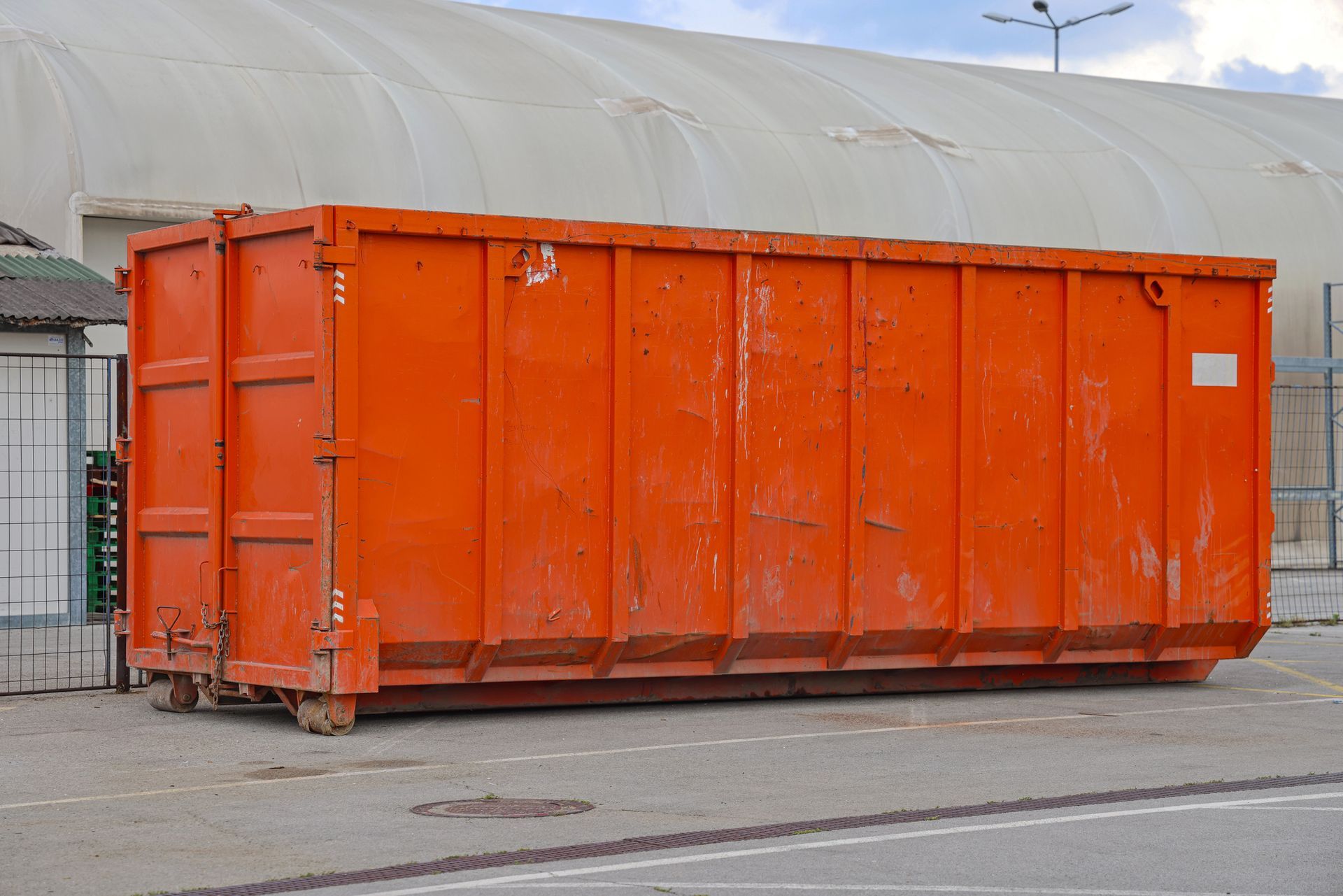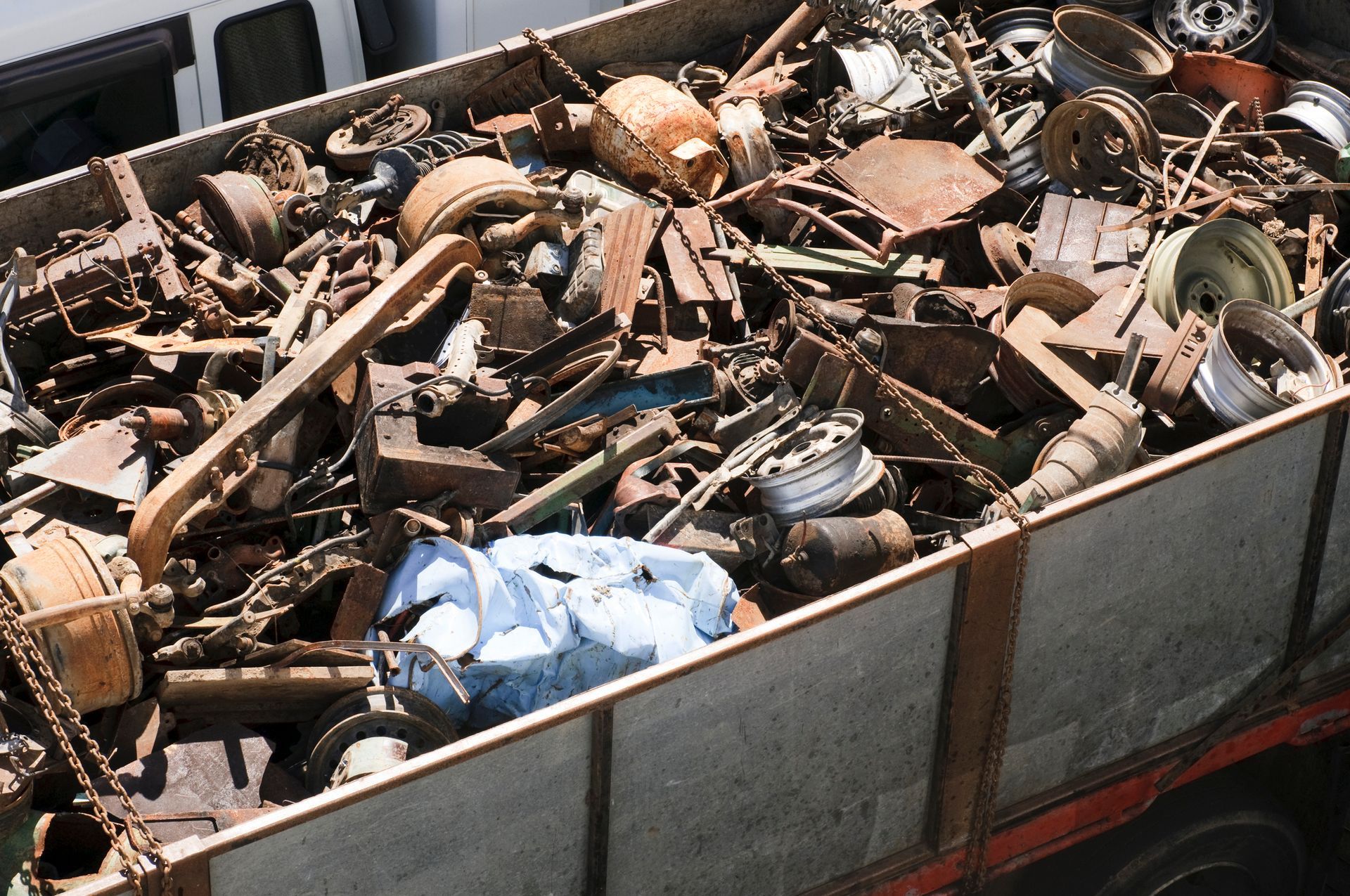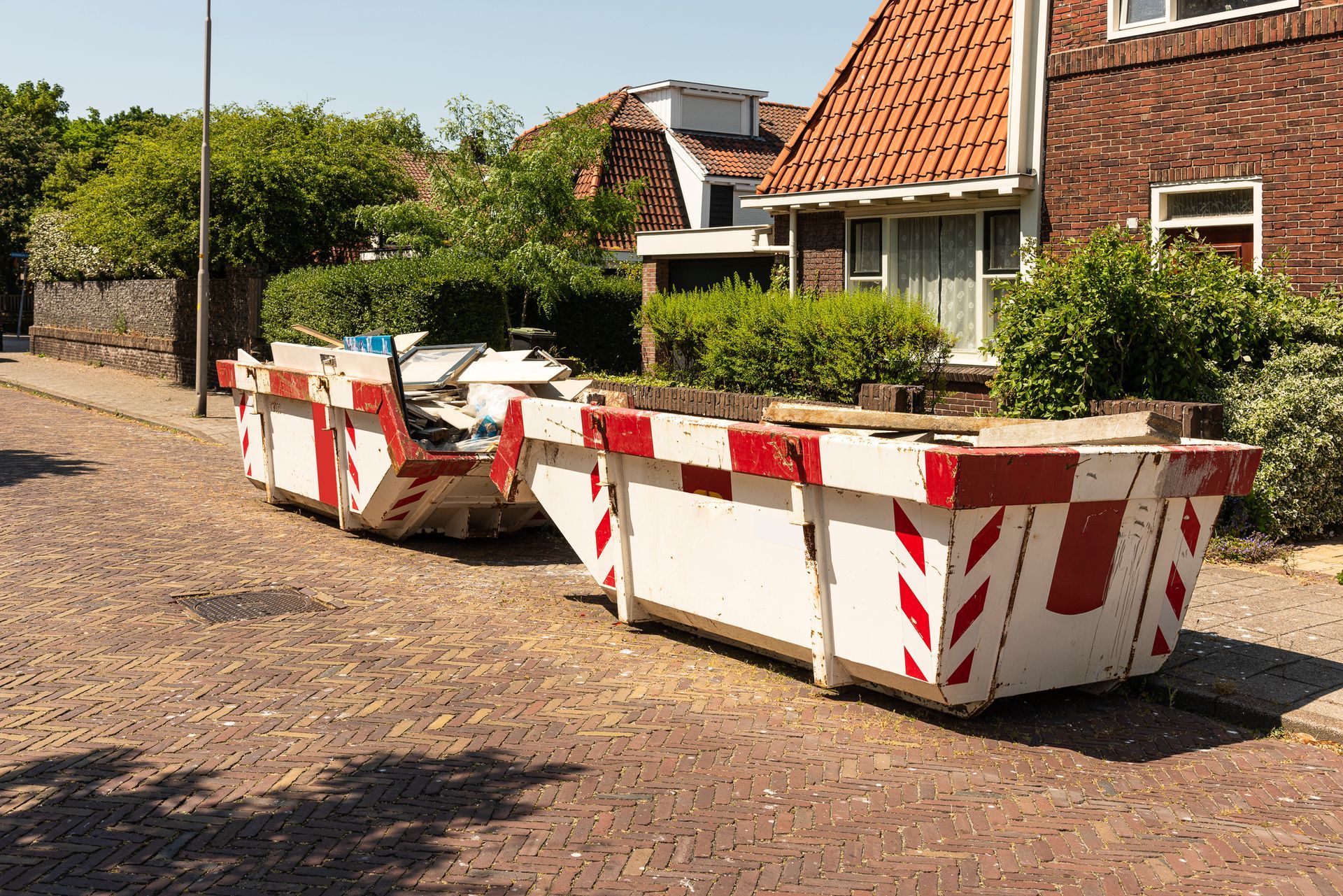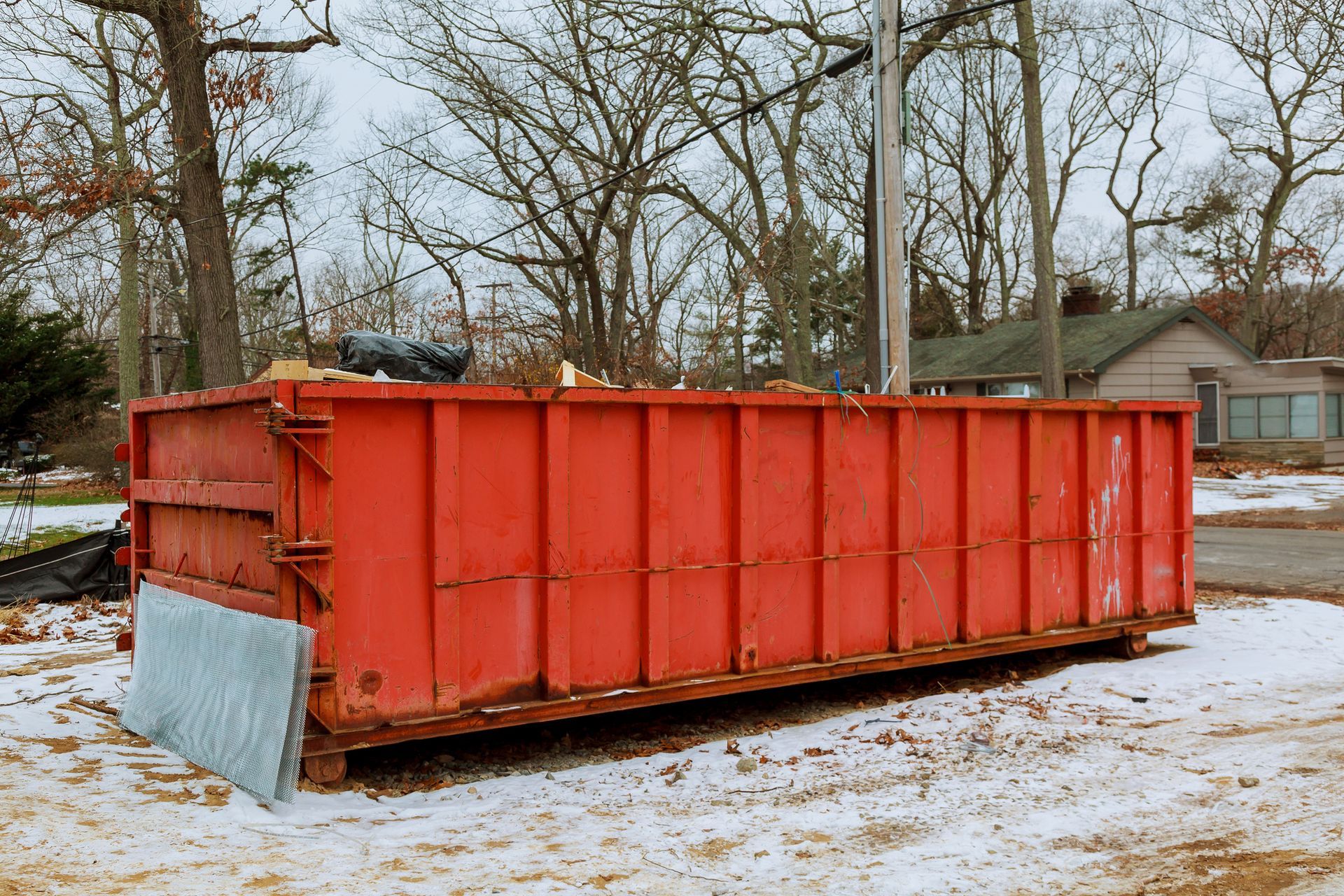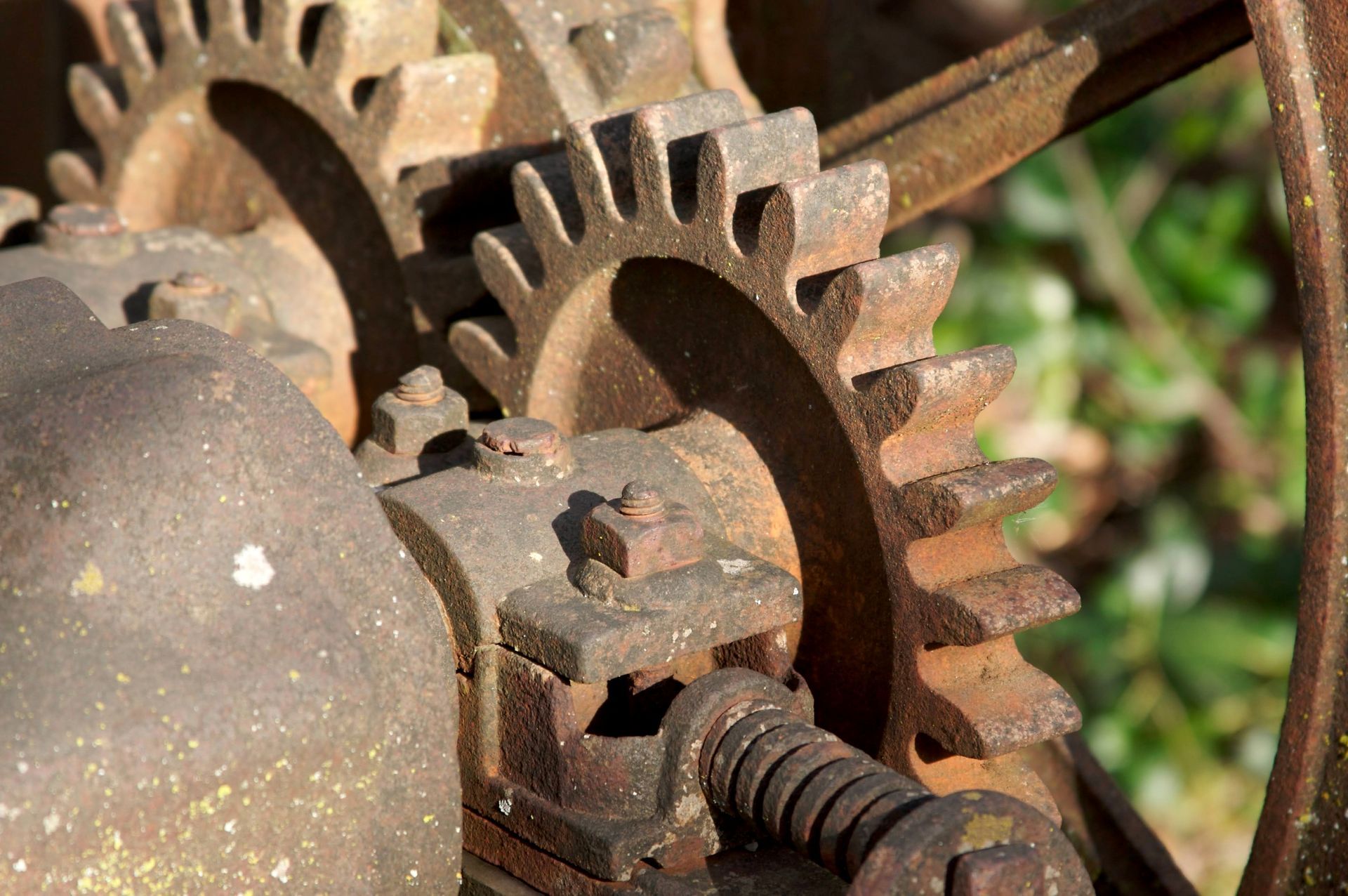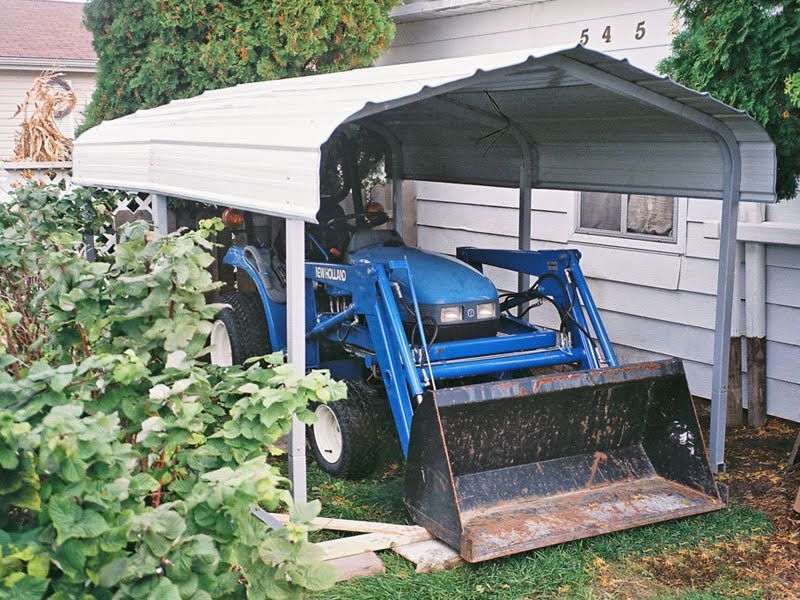Scrap Metal Recycling Myths
Debunking Common Myths About Scrap Metal Recycling
In the global push toward sustainability, scrap metal recycling has emerged as a crucial player in reducing environmental impact and conserving valuable resources. However, despite its growing prominence, the industry is not immune to persistent myths that can hinder its progress. This blog post will unravel some of the most common misconceptions surrounding scrap metal recycling.
Crumpled Metal Isn't Recyclable
In reality, modern recycling technologies have advanced significantly, allowing for the processing and transformation of even the most contorted metal pieces into valuable raw materials. Scrap yards routinely accept damaged items, ensuring these materials can be given a new life rather than contributing to environmental degradation. So, next time you hesitate to recycle that dented can or twisted household item, rest assured that it can still play a vital role in the recycling loop.
Metal and Trash Separation Isn't Important
Some may believe that the intricacies of recycling processes render the separation of metals from other waste inconsequential. However, efficient separation is a key aspect of optimizing the recycling process. Not only does it enhance the cost-effectiveness of recycling, but it also ensures that the recycled metal maintains its quality. When metals are effectively separated, the overall recycling process becomes more streamlined and environmentally friendly, contributing to the sustainability goals of the recycling industry.
Recycling Isn't Economical
A common misconception suggests that recycling is economically unviable compared to the extraction and production of new materials. However, the scrap metal recycling industry often stands as a financially sound and economically viable alternative. Recycling conserves natural resources, reduces energy consumption, and, as technology advances, becomes increasingly cost-effective. The economic benefits of recycling extend beyond the immediate financial considerations, encompassing long-term sustainability and resource management.
Scrap Yards Are Not Safe
Safety concerns surrounding scrap yards often discourage individuals from actively participating in metal recycling. However, the modern scrap yard prioritizes safety measures to protect workers, visitors, and the environment. Strict regulations and industry standards ensure that scrap yards adhere to rigorous safety protocols. By dispelling the notion that scrap yards are inherently unsafe, we can encourage more individuals to engage in recycling practices without compromising their well-being.
Recycling Uses More Energy Than Making New
Recycling significantly reduces energy consumption compared to primary production processes. Extracting and refining raw materials demand substantial energy inputs, while recycling often involves melting and reshaping existing materials, resulting in lower energy consumption and reduced greenhouse gas emissions. Understanding the energy dynamics of recycling is crucial for dispelling myths surrounding its environmental impact.
Large Metal Pieces Are Worth More Than Smaller Pieces
The value of scrap metal is determined by a combination of factors, including the type of metal, purity, and market demand. Smaller, high-quality pieces can be just as valuable as larger counterparts.
Rusted Metal Cannot Be Recycled
Rust on metal items does not automatically disqualify them from the recycling process. Many scrap yards accept rusted metal, as modern recycling techniques can effectively remove rust during the refining and melting stages. Rusted metal, when properly processed, can contribute to the recycling loop, preventing the need for additional resource extraction and minimizing the environmental impact of metal production.
Burning Is Effective in Stripping Copper Wires
Burning is not a recommended or effective method for stripping copper wires in scrap recycling, and it can have several negative consequences. Burning copper wires releases harmful fumes and pollutants into the air, including toxic substances such as PVC (polyvinyl chloride) insulation. PVC contains chlorine, and when burned, it produces dioxins, which are highly toxic and can have serious health and environmental impacts.
Did you possess scrap metal? You can earn extra money while recycling the metal. Contact Big Daddy Scrap to get started.

